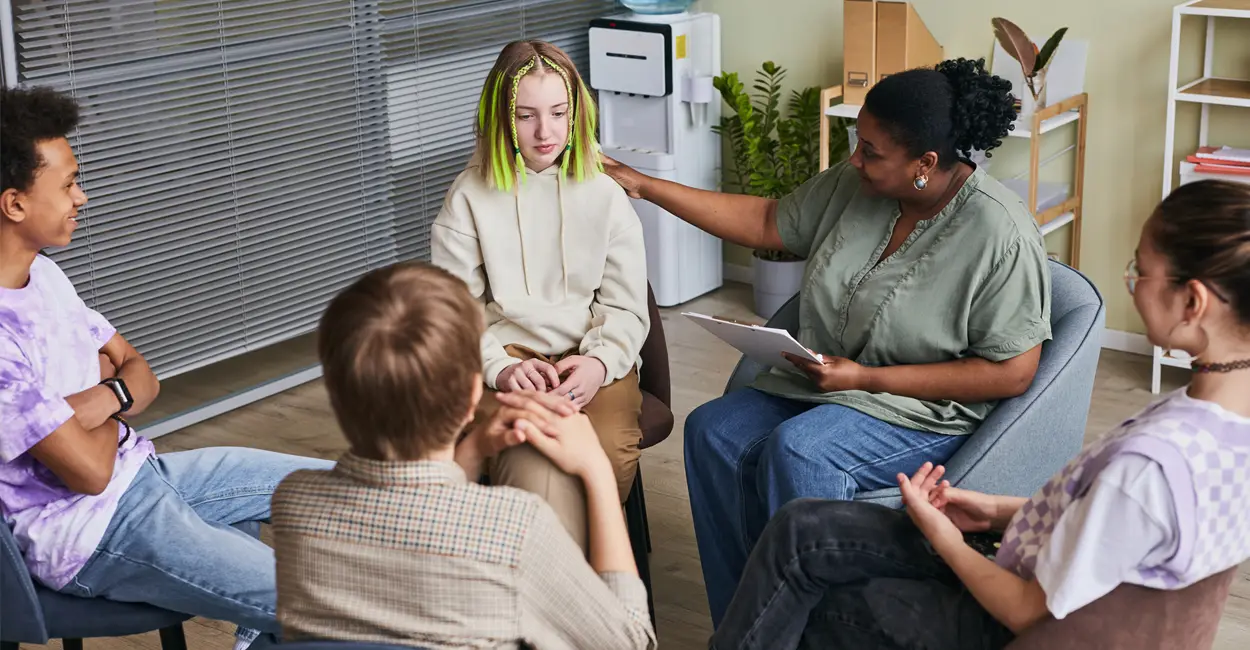24/7 Helpline:
(866) 899-221924/7 Helpline:
(866) 899-2219
Learn more about PTSD Treatment centers in Avoca
PTSD Treatment in Other Cities

Other Insurance Options

Meritain

ComPsych

Health Net

Oxford

Ceridian

Kaiser Permanente

UMR

Horizon Healthcare Service

Magellan

Health Choice

Private insurance

Medical Mutual of Ohio

Highmark

Self-pay options

Lucent

UnitedHealth Group

Ambetter

Molina Healthcare

State Farm

WellCare Health Plans















































































































































































